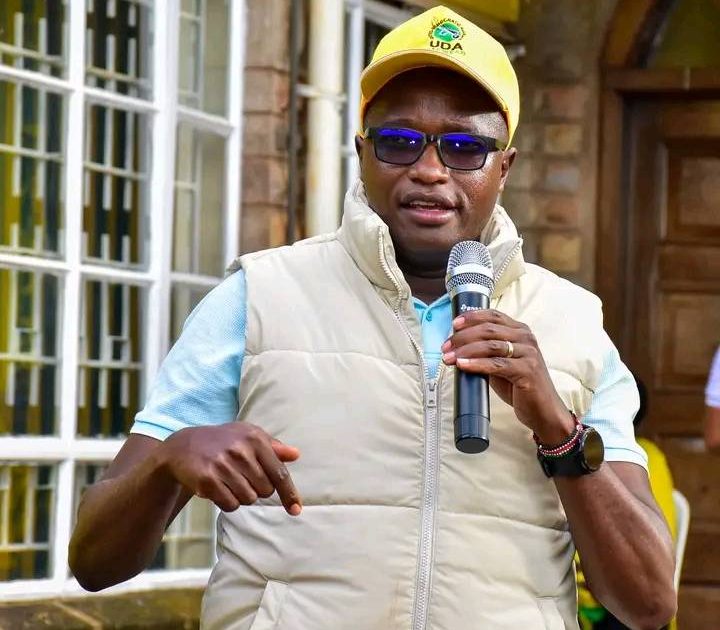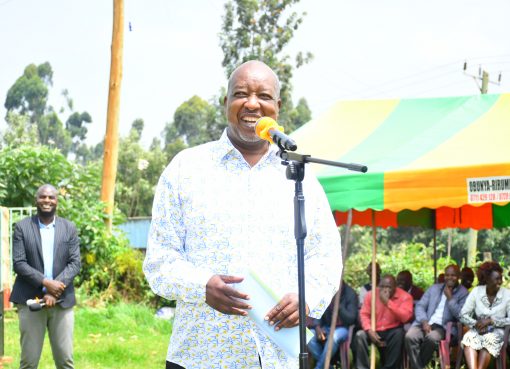Mukurwe-ini MP John Kaguchia has called for the adoption of a public debt register to curb unregulated borrowing by the government.
The lawmaker, who was responding to reports from a section of the media about the country’s ballooning debt burden, says the only way the county can evaluate the value of the money she borrows is through having a checklist system that will ensure such funds are needed.
He said the move will similarly save the country from borrowing money that is not needed and also curb wastage through investing loans into nonviable projects.
“As far as the issue of debt is concerned, we have to understand that debt that is taken by the government affects our lives and one of the elements we must put to the government is to have a public register of the debt that is being collected. We must know who is taking what, where, when, why, at what condition, at what cost, the repayment period, and the effects it is going to have on the economy.
This is because in the past we have had instances where money was borrowed and put into projects that cannot pay back. Money should only be borrowed if it adds value to the economy,” said Kaguchia during today’s Citizen’s breakfast show.
The MP also dismissed claims that the current government has performed poorly in terms of fiscal policy and management of public debt insisting that President Dr William Ruto is doing his best to address the debt burden he inherited from his predecessor Uhuru Kenyatta.
Kaguchia also dismissed claims that the government had inherited a Sh8.7 trillion debt when it came into power by terming the figure a misreporting of facts since it did not include money that had been sunk as subsidies to cushion the public against the high cost of fuel and maize flour.
A report in one of the local dailies claims the country’s public debt grew from Sh8.7 trillion when Uhuru was leaving office to Sh10.58 trillion in September this year, an increase of 386 percent.
“What I see as Sh8.7 trillion is not a true representation of what was left by Uhuru Kenyatta. For example, the subsidy that was given for fuel was Sh7 billion and is not included in this figure. Most of the debts taken during the previous regime in the last 10 years are maturing now. When you talk about Eurobond it will be paid now even if it was not taken by this government. When you cannot collect enough to pay debts and sustain the government (the alternative) is to look for someone who can extend a hand in terms of another loan to pay this one,” he added.
On taxation, Kaguchia said the only way the country will free herself from the chains of indebtedness is through dependence on its own sourced revenue and not through external loans.
He said those dismissing Ruto’s taxation model are insincere since the same policy was employed by the late President Mwai Kibaki when he took power in 2003 at a time when the country’s economy was in the red.
“(President) Kibaki (Mwai) would be happy that at least there is someone who thinks the same way that he thought. He would be happy that there is someone ready and willing to generate own revenue from within the country and to manage the country largely from own resources rather than from over-borrowing,” he said.
By Samuel Maina





